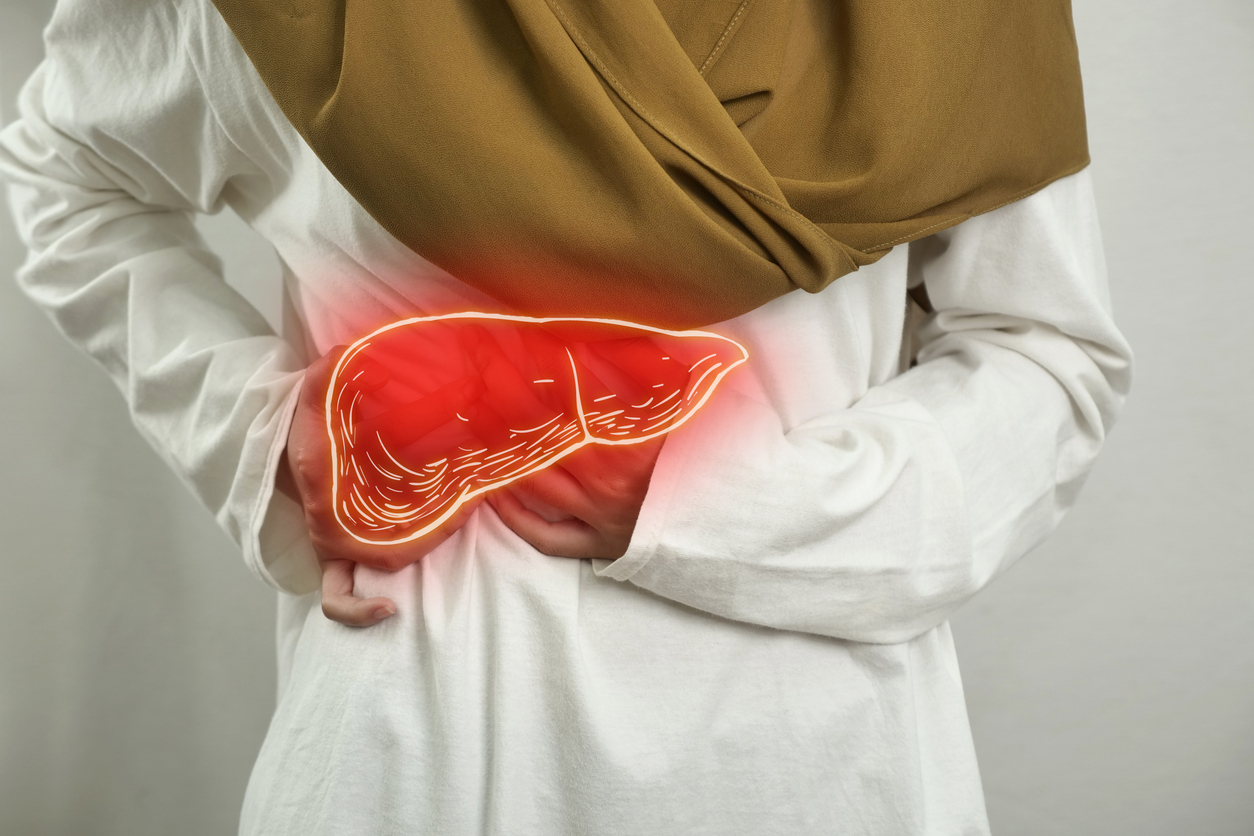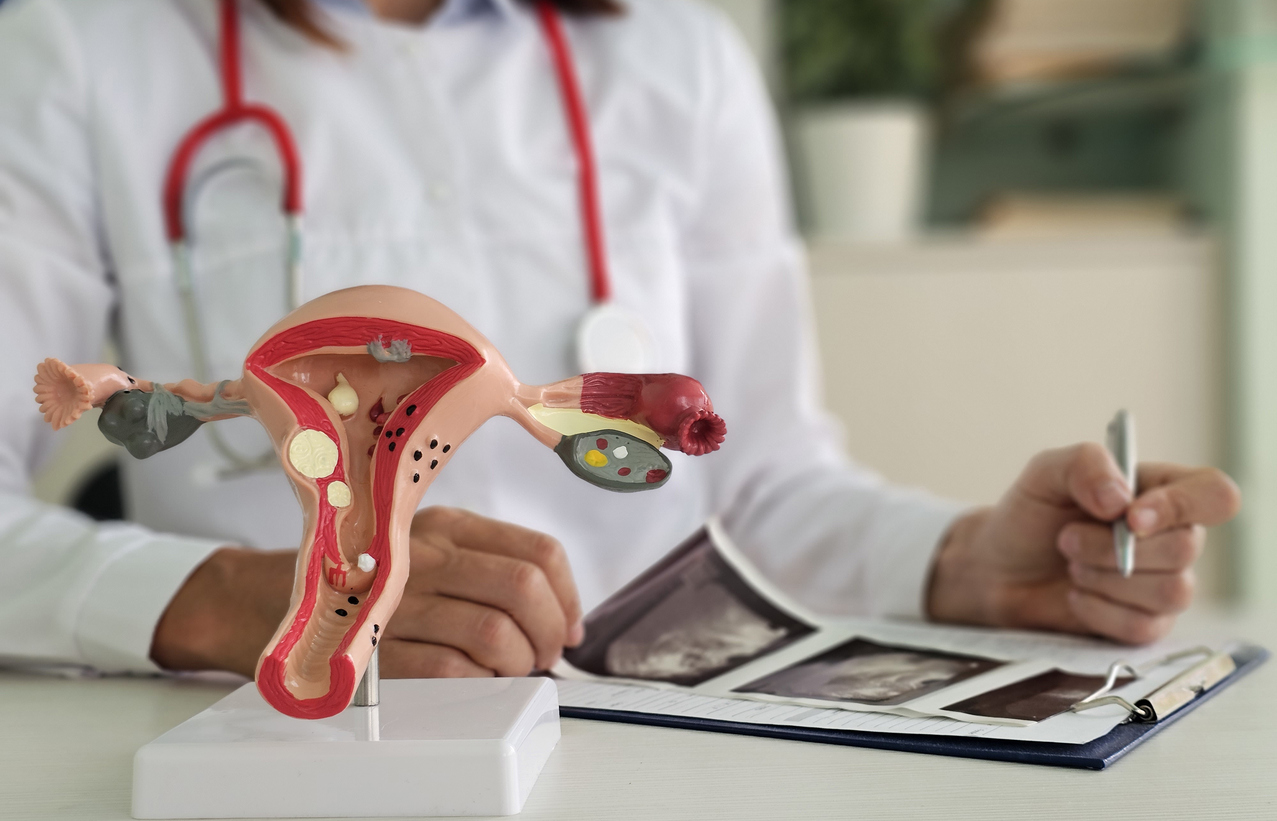2024-11-14
Pancreatic cancer and passive smoking: an unexpected link?
Oncology
Pancreatic cancer is one of the most aggressive digestive cancers, with a prognosis that is often poor due to late diagnosis and ineffective treatment. While the risk factors do include active smoking, the influence of passive smoking remains controversial. This study therefore explored the association between passive smoking and the risk of pancreatic cancer in order to gain a better understanding of this potential relationship.
What is the link between passive smoking and pancreatic cancer?
14 studies including 5,560 patients with pancreatic cancer were selected and analysed. A random-effects model was used to combine the data from the studies and assess the relative risk associated with passive smoking. Subgroup analyses were also carried out (case-control vs. cohort, study quality, smoking status of participants, duration and frequency of exposure to passive smoking, etc.).
This study demonstrates firstly that exposure to passive smoke is associated with a moderate risk of pancreatic cancer. The results also show that the association is present in both current smokers and non-smokers, indicating that exposure to passive smoking is a risk factor. Furthermore, this association was observed in both children and adults, suggesting that the risk is significant at every stage of life. Finally, these studies suggest that the frequency of exposure to passive smoking is another important factor. People exposed regularly or daily to passive smoking have a higher risk of pancreatic cancer.
Passive smoking: An increased risk of pancreatic cancer not to be ignored
This study clearly shows that passive smoking represents a significant risk factor for pancreatic cancer, particularly when exposure is regular or daily. The results underline the importance of stepping up prevention strategies to limit such exposure, particularly among children and adolescents.

Last press reviews
Liver, sugar, and pills: who's in control?

By Ana Espino | Published on February 4, 2026 | 3 min read<br>
Endometrial cancer: Is PARP bringing new hope?

By Ana Espino | Published on February 3, 2026 | 3 min read<br>
